What Is an ITC (Input Tax Credit) for Claiming GST/HST?
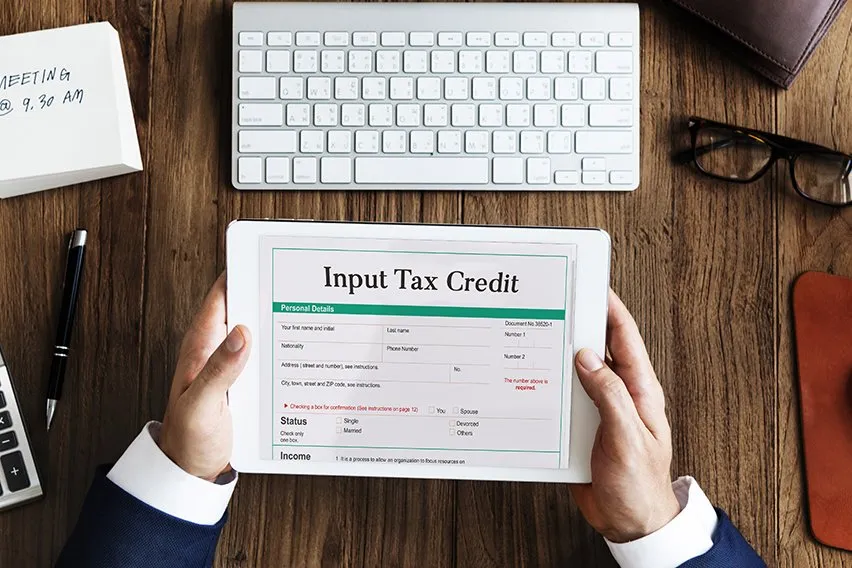
There are three inevitable things in life; birth, death and taxes.
When you’re running your own business, tax time can be a stressful time. A lot of work goes into the business operations of filing your annual tax return and it can sometimes be somewhat overwhelming. There are lots of different things that you have to consider, things to make sure that you get right and different things that you can claim.
That’s where ITCs come into play. But what exactly are input tax credits? We’ll take a closer look at the definition, and how you can use them for claiming GST/HST.
Here’s What We’ll Cover:
What Qualifies for Input Tax Credits?
What Doesn’t Qualify For Input Tax Credits?
Who Can Claim Input Tax Credits?
What Are Input Tax Credits?
Input tax credits, or ITCs, are credits that some businesses can claim for sales taxes in Canada. These can be claimed on items purchased to produce goods and/or services.
You may be eligible to claim some of these taxes as credits for your business. But you can only be eligible if you pay the goods and services tax (GST) or the harmonized sales tax (HST) on goods or services for your business. Once claimed, you can use these credits to reduce your total taxes.
Due to the tax system in Canada, if you run a business you will collect and remit the GST/HST. In some cases, this will be on top of your provincial sales taxes, or PST. But to counter this, you may have the ability to take input tax credits against some of what you are obliged to remit.
A business’ input tax credits are essentially the sum of the GST/HST that you have paid on any legitimate business expenses. It could also be on the allowable portion of the total sum of the GST/HST you paid.
ITCs can be seen as the method of recovering the GST/HST paid out on your commercial activities from the Canada Revenue Agency, or CRA.

How Can I Claim ITCs?
The first thing you need to do to claim input tax credits is make sure that you are already registered for the GST/HST.
Once this has been done, you’ll have to track all of the eligible GST/HST expenses that your business incurred whenever you’ve made a business related purchase. This is so that you can record and then claim them when you’re filling out your GST/HST return.
The best way to keep track of this is by keeping all related business records and receipts so that you can back up any claim that you make.
Secondly, in order to qualify for ITCs, your business must have imported, purchased or brought in goods to a participating province or territory in Canada. These goods must have been brought in for the express purpose of consumption, use, or supply of your regular business activities.
The last thing, quite obviously, is that you must have paid the GST/HST on all of these goods.
When you are filing your GST/HST return, you can include any and all input tax credits within your return. These credits will then subsequently be deducted from the final balance owed on your GST/HST.
What Qualifies for Input Tax Credits?
The Canada Revenue Agency provides a list of the expenses for which you can claim Input Tax Credits. Some of the more common allowable expenses include things such as:
- Equipment rentals
- Accounting, legal, and other professional fees
- Commercial rent
- Advertising expenses
- Home office expenses
- Motor vehicle expenses
- Office equipment and expenses
- Travel such as hotel fees, air travel and car rentals
They also provide a list of capital expenses that qualify for input tax credits. Some of these include:
- Capital property
- Machinery and vehicles
- Improvements to capital property
- Depreciable property
- Furniture and appliances
According to the CRA, any purchase or expense that has been put forward for input tax credits must be reasonable in quality and in cost.
The GST/HST that has been paid on any of the above items may be eligible for input tax credits. For a more comprehensive and detailed list, make sure to visit the CRA’s website.
What Doesn’t Qualify For Input Tax Credits?
There can often be confusion surrounding what you can and can’t claim ITCs on. The basic rule of thumb is any goods or services that you have purchased for your own personal use or enjoyment will not qualify.
But while that is the easiest way to look at it, there are also some less obvious non qualifying expenses such as:
- Taxable goods and services bought or imported to provide exempt goods and services
- Some forms of capital property
- Membership fees for anywhere recreational, sporting or for dining purposes
Who Can Claim Input Tax Credits?
Any business that has correctly paid their GST/HST can claim for input tax credits. But within the business, only the named recipient of the supply can be entitled to claim an ITC.
In most cases, the recipient tends to be the person who is legally liable to pay for the supply. This is an important point to make as one of the most common reasons that the CRA denies an ITCS claim is that the ITC is claimed by someone other than the named recipient.

What Is GST/HST?
There have been a lot of mentions of GST/HST and it is impossible to understand ITCs without first understanding the basics.
What Is GST?
The Federal Goods and Services Tax, or GST, is a 5% tax on most Canadian goods and services.
The aim of GST is to improve and streamline the tax system, especially for Canada’s export businesses.
However, not all provinces in Canada signed on to merge their existing provincial sales tax systems with the GST. This then meant that business owners had to file both GST and Provincial Sales Tax returns, or PST.
All of the provinces that did combine their sales taxes with the GST charge what is known as Harmonized Sales Tax, or HST.
What Is HST?
Harmonized sales tax, or HST, is a consumption tax that is paid by local consumers and businesses in a number of provinces within Canada.
It works by combining the nation’s federal goods and services tax and the other various provincial sales taxes.
The HST is paid by consumers when they come to the point of sale. The seller will collect the tax proceeds by adding the current HST rate to the cost of the goods or services. They would then pass on the collected tax to the tax division of the federal government, the CRA.
What Is a GST/HST Return?
Once a year, any business that pays GST/HST taxes will have to file their annual returns.
This is done by businesses using their Business Numbers, or their GST/HST numbers, to collect, report and remit their due taxes to the CRA.
Once this has been completed, businesses will be able to calculate whether they are owed a tax refund, or if there are fees that need to be paid to the CRA.
Key Takeaways
Input tax credits are an important part of the tax system in Canada. They are a vital way for businesses to claim money back on their corporate expenses and regain some working capital.
Are you looking for more business advice on everything from starting a new business to new business practices?
Then check out the FreshBooks Resource Hub.
RELATED ARTICLES

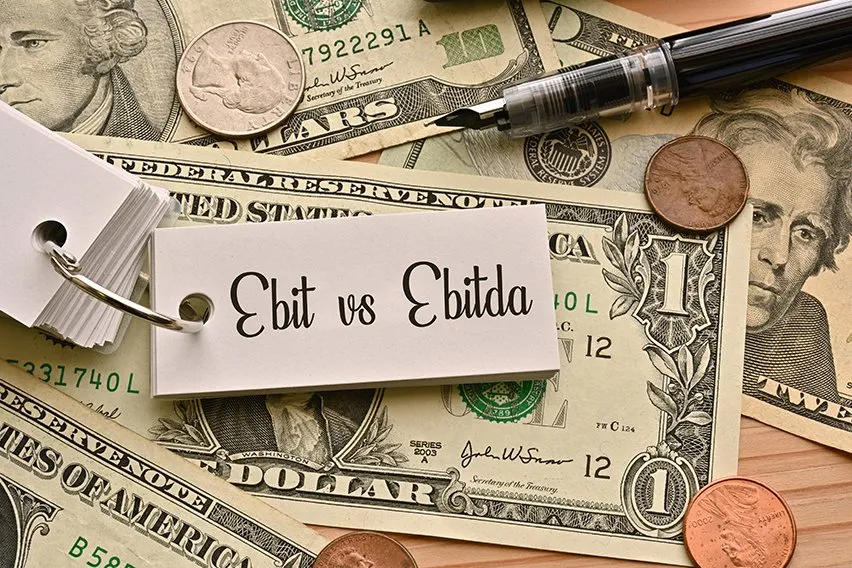 EBIT vs EBITDA: What’s the Difference?
EBIT vs EBITDA: What’s the Difference?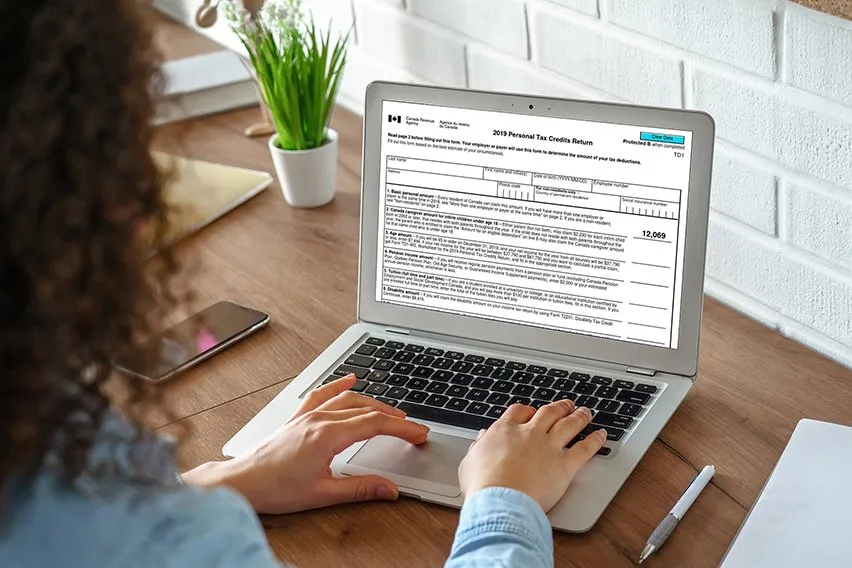 TD1 Form: Learn Everything You Need To Know
TD1 Form: Learn Everything You Need To Know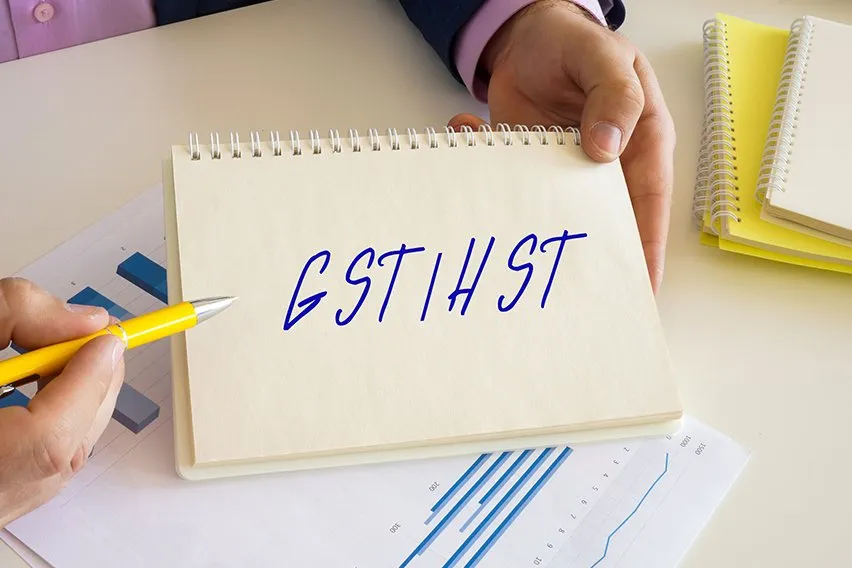 What Is a GST/HST Return?
What Is a GST/HST Return?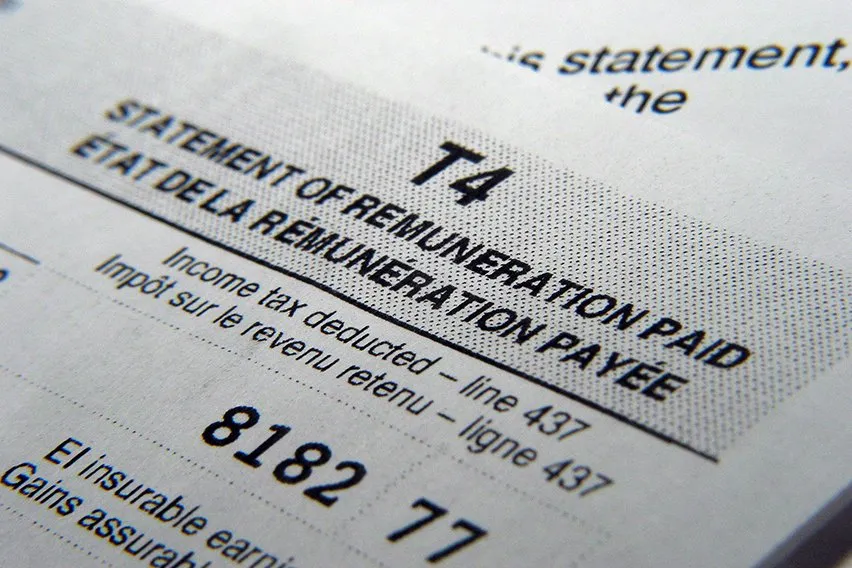 T4 Slip: What Is It and How Do You Get Yours?
T4 Slip: What Is It and How Do You Get Yours?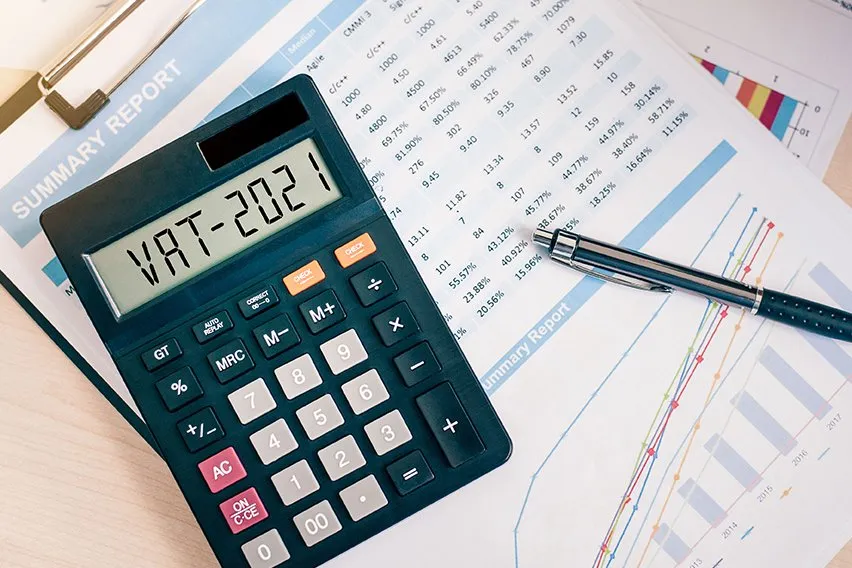 What Is VAT (Value-Added Tax) & How to Calculate It?
What Is VAT (Value-Added Tax) & How to Calculate It?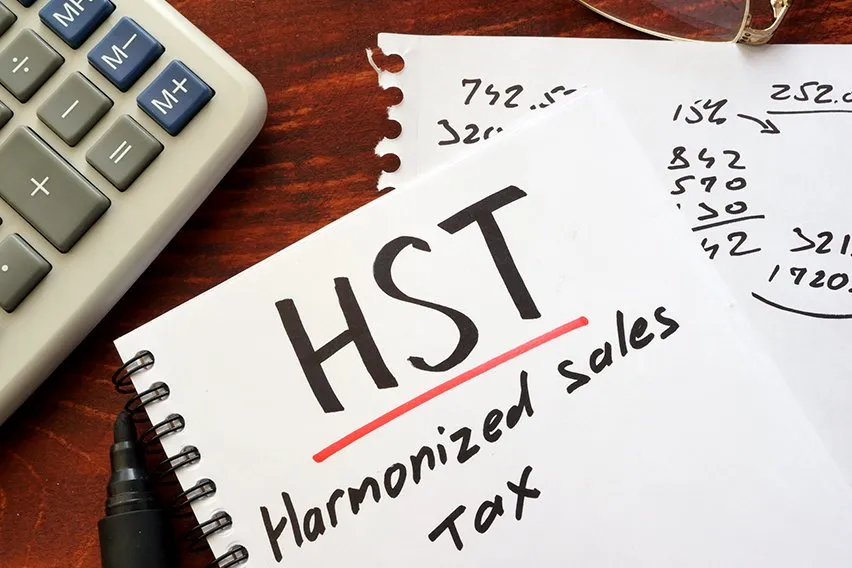 What Is HST (Harmonized Sales Tax)?
What Is HST (Harmonized Sales Tax)?